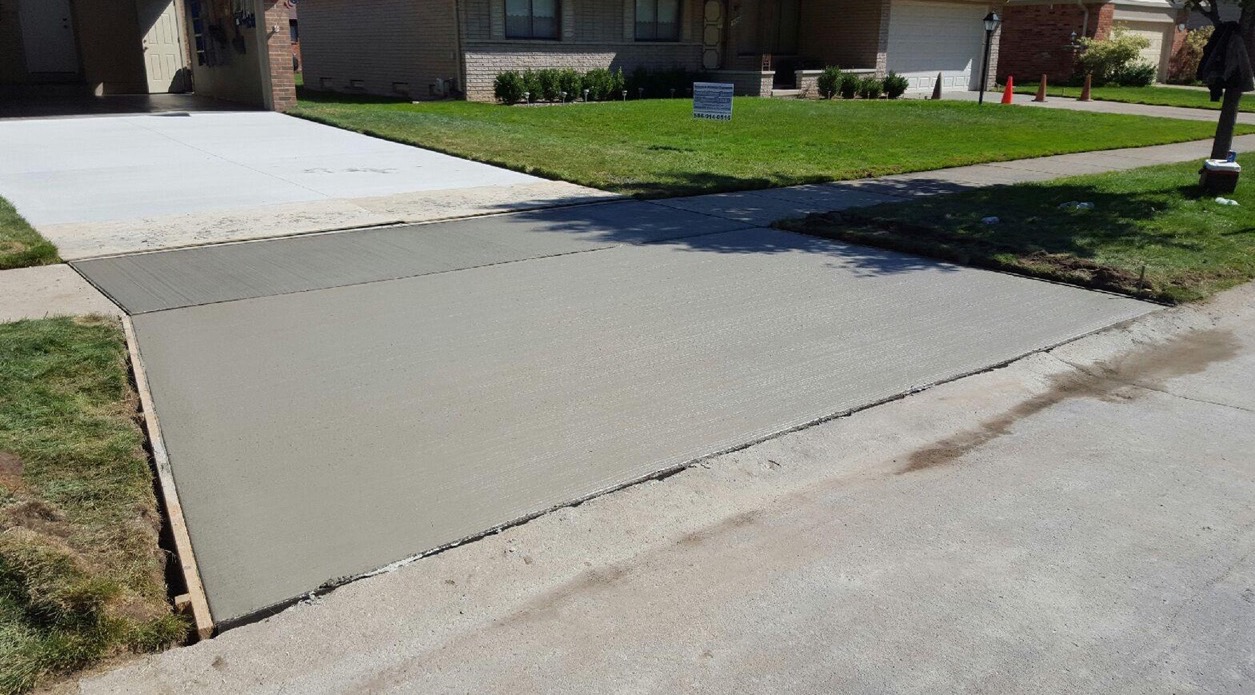

Articles
How Thick Does A Concrete Driveway Need To Be
Modified: December 7, 2023
Discover the ideal thickness for a concrete driveway and ensure its durability and longevity. Read more in our informational articles on driveway construction.
(Many of the links in this article redirect to a specific reviewed product. Your purchase of these products through affiliate links helps to generate commission for Storables.com, at no extra cost. Learn more)
Introduction
A concrete driveway is a significant investment for any property owner. It provides a durable and long-lasting surface for vehicles to traverse, enhancing the overall curb appeal and functionality of the property. However, when it comes to constructing a concrete driveway, one crucial aspect to consider is the thickness of the concrete. The thickness of the concrete driveway plays a vital role in ensuring its strength, durability, and ability to withstand various external factors.
In this article, we will explore the factors affecting concrete driveway thickness, the minimum recommended thickness for residential and commercial driveways, reinforcement options, and additional considerations to keep in mind.
Now, let’s dive into the world of concrete driveways and discover how thick they need to be to meet your specific needs and withstand the test of time.
Key Takeaways:
- The thickness of a concrete driveway is crucial for its strength and durability. Factors like soil conditions, traffic load, and climate influence the required thickness, ensuring longevity and structural integrity.
- Adhering to minimum recommended thickness for residential and commercial driveways, exploring reinforcement options, and considering slope, drainage, and curing techniques are essential for creating a durable and functional concrete driveway.
Factors Affecting Concrete Driveway Thickness
When determining the appropriate thickness for a concrete driveway, several factors need to be taken into consideration. These factors can vary depending on the specific site conditions and intended use of the driveway. Here are the key factors that affect the thickness of a concrete driveway:
1. Soil conditions
The soil conditions at the site play a significant role in determining the required thickness of the concrete driveway. If the soil is unstable or prone to settlement, it is crucial to increase the thickness to provide adequate support for the driveway. Soil tests and analysis should be conducted to assess the load-bearing capacity of the soil and determine the necessary thickness of the concrete.
2. Expected traffic load
The anticipated traffic load on the driveway is another essential factor in determining its thickness. In residential areas, driveways typically experience lighter traffic, mainly comprising passenger vehicles. However, in commercial or industrial areas, driveways may be subjected to heavier loads from delivery trucks or heavy machinery. Higher traffic loads require thicker concrete to prevent cracking or premature wear and tear.
3. Climate and freeze-thaw cycles
The climate of the area where the driveway is located is an important consideration. In regions with freezing temperatures and regular freeze-thaw cycles, the concrete must be thick enough to withstand the expansion and contraction caused by freezing and thawing. Ensuring proper thickness helps prevent cracking or spalling due to the stresses induced by these cycles.
Read more: How Thick Do Concrete Countertops Need To Be
4. Type of concrete mix
The type of concrete mix used in the construction of the driveway also affects its thickness requirements. Different concrete mixes have varying strengths and durability properties. Depending on the specific requirements of the project, such as heavy vehicle traffic or exposure to chemicals, a higher strength mix may be necessary, which in turn may require a thicker concrete layer.
Considering these factors will help determine the appropriate thickness for your concrete driveway, ensuring its longevity and structural integrity.
Minimum Recommended Thickness for Concrete Driveways
When it comes to constructing a concrete driveway, it is important to follow industry guidelines and recommendations for the minimum thickness. Adhering to these minimum thickness requirements ensures that the driveway can withstand the expected loads and environmental conditions. Here are the minimum recommended thicknesses for residential and commercial concrete driveways:
1. Residential driveways
For most residential driveways, a minimum thickness of 4 inches (10 centimeters) is typically recommended. This thickness is suitable for regular passenger vehicles and light-duty traffic. However, if heavy vehicles, such as delivery trucks or RVs, will be regularly using the driveway, it is advisable to increase the thickness to 5 inches (12.5 centimeters) or more to ensure the driveway’s durability and longevity.
2. Commercial driveways
Commercial driveways, which experience heavier traffic loads, require a greater thickness to withstand the increased vehicle weights. The minimum recommended thickness for commercial driveways is typically 6 inches (15 centimeters). This additional thickness provides the necessary strength to support larger vehicles and heavy-duty traffic associated with commercial and industrial areas.
It is important to note that these are general guidelines, and specific projects may have unique requirements based on factors such as soil conditions, expected traffic volume, and climate. Consulting with a professional contractor or engineer will help ensure that the chosen thickness is appropriate for the specific circumstances.
Adhering to the minimum recommended thicknesses for residential and commercial driveways helps ensure the longevity, durability, and structural integrity of the concrete.
Read more: How Many PSI Concrete Needed For Driveway
Reinforcement Options for Concrete Driveways
Reinforcing concrete driveways can significantly enhance their strength and durability, especially in areas with heavy traffic or potentially unstable soil conditions. The use of reinforcement helps limit cracking, improve load-bearing capacity, and prolong the lifespan of the driveway. Here are two common reinforcement options for concrete driveways:
1. Steel reinforcement
Steel reinforcement, commonly in the form of steel bars or mesh, is a popular choice for reinforcing concrete driveways. The steel reinforcement is placed within the concrete before it is poured, adding tensile strength to the material. The steel bars or mesh act as a supportive framework, distributing the loads and limiting the potential for cracking due to stress or settlement. This reinforcement option is particularly suitable for driveways subjected to heavy loads or areas with unstable soil conditions.
2. Fiber reinforcement
Fiber reinforcement involves adding synthetic fibers, such as polypropylene or steel fibers, to the concrete mix. These fibers are distributed throughout the concrete, providing additional reinforcement to the material. Fiber reinforcement helps reduce cracking and improve the overall resistance to impact and wear. It also enhances the cohesion and toughness of the concrete, making it less susceptible to damage caused by traffic, freeze-thaw cycles, or other external factors. Fiber reinforcement is a popular choice for both residential and commercial driveways, as it offers a cost-effective and easy-to-install solution.
It is important to note that the choice between steel reinforcement and fiber reinforcement depends on the specific project requirements, budget constraints, and the recommendations of structural engineers or concrete specialists. In some cases, a combination of steel reinforcement and fiber reinforcement may be utilized to achieve optimal results.
By incorporating the appropriate reinforcement option, you can significantly increase the strength, durability, and performance of your concrete driveway.
Additional Considerations for Concrete Driveway Thickness
When determining the thickness of a concrete driveway, there are additional factors to consider beyond the load-bearing capacity and soil conditions. These considerations play a crucial role in ensuring the overall functionality, safety, and longevity of the driveway. Here are two important considerations regarding concrete driveway thickness:
Read more: How Thick Are Driveway Pavers
1. Slope and drainage
The slope of the driveway and its ability to properly drain water are essential considerations for determining the required thickness. A properly sloped driveway allows rainwater and other liquids to flow away from the surface, preventing the accumulation of water and potential damage to the concrete. The thickness of the driveway should be adjusted to ensure that it can withstand the additional forces associated with water runoff, especially in areas prone to heavy rainfall. Additionally, proper drainage systems, such as guttering or drainage channels, should be implemented to divert water away from the driveway surface.
2. Curing and finishing
The curing and finishing processes are crucial for the strength and durability of the concrete driveway. Proper curing involves maintaining the appropriate moisture levels and temperature conditions during the initial drying period. This allows the concrete to reach its optimal strength and reduces the potential for cracking or surface damage. The finishing techniques, such as troweling or broom finishing, also play a role in enhancing the surface texture, providing traction, and protecting the concrete against wear and tear. The desired curing and finishing specifications may influence the overall thickness requirements of the driveway, as thicker concrete may be necessary to accommodate specific curing and finishing techniques.
It is important to consult with a professional contractor or engineer who can assess the specific site conditions and requirements to determine the appropriate slope, drainage, curing methods, and finishing techniques for your concrete driveway. Their expertise will ensure that all necessary considerations are taken into account and that the driveway is constructed to withstand the test of time.
By considering the slope, drainage, and appropriate curing and finishing techniques, you can enhance the functionality and durability of your concrete driveway beyond its thickness requirements.
Conclusion
When it comes to constructing a concrete driveway, the thickness of the concrete plays a crucial role in its strength, durability, and ability to withstand various factors. By considering factors such as soil conditions, expected traffic load, climate, and concrete mix, you can determine the appropriate thickness for your driveway.
The minimum recommended thickness for residential driveways is typically 4 inches, while commercial driveways require a minimum thickness of 6 inches to withstand heavier traffic loads. However, it’s important to note that specific site conditions and project requirements may warrant thicker concrete.
In addition to thickness, reinforcing the concrete driveway can enhance its strength and durability. Steel reinforcement, such as bars or mesh, provides added support and load-bearing capacity. Fiber reinforcement, on the other hand, introduces synthetic fibers that improve crack resistance and overall toughness.
Other considerations for concrete driveway thickness include slope and drainage. Proper slope and drainage systems ensure effective water runoff, preventing potential damage to the concrete. Curing and finishing techniques also contribute to the driveway’s longevity and surface quality, influencing thickness requirements.
To ensure the optimal thickness and construction of your concrete driveway, it is advisable to consult with a professional contractor or engineer who can assess site conditions, recommend appropriate reinforcement options, and provide guidance on curing and finishing. Their expertise will help ensure that your concrete driveway is built to last.
In conclusion, by carefully considering the factors affecting concrete driveway thickness, following the minimum recommended thickness guidelines, exploring reinforcement options, and addressing additional considerations, you can create a strong, durable, and functional concrete driveway that enhances the overall appeal and value of your property.
Frequently Asked Questions about How Thick Does A Concrete Driveway Need To Be
Was this page helpful?
At Storables.com, we guarantee accurate and reliable information. Our content, validated by Expert Board Contributors, is crafted following stringent Editorial Policies. We're committed to providing you with well-researched, expert-backed insights for all your informational needs.
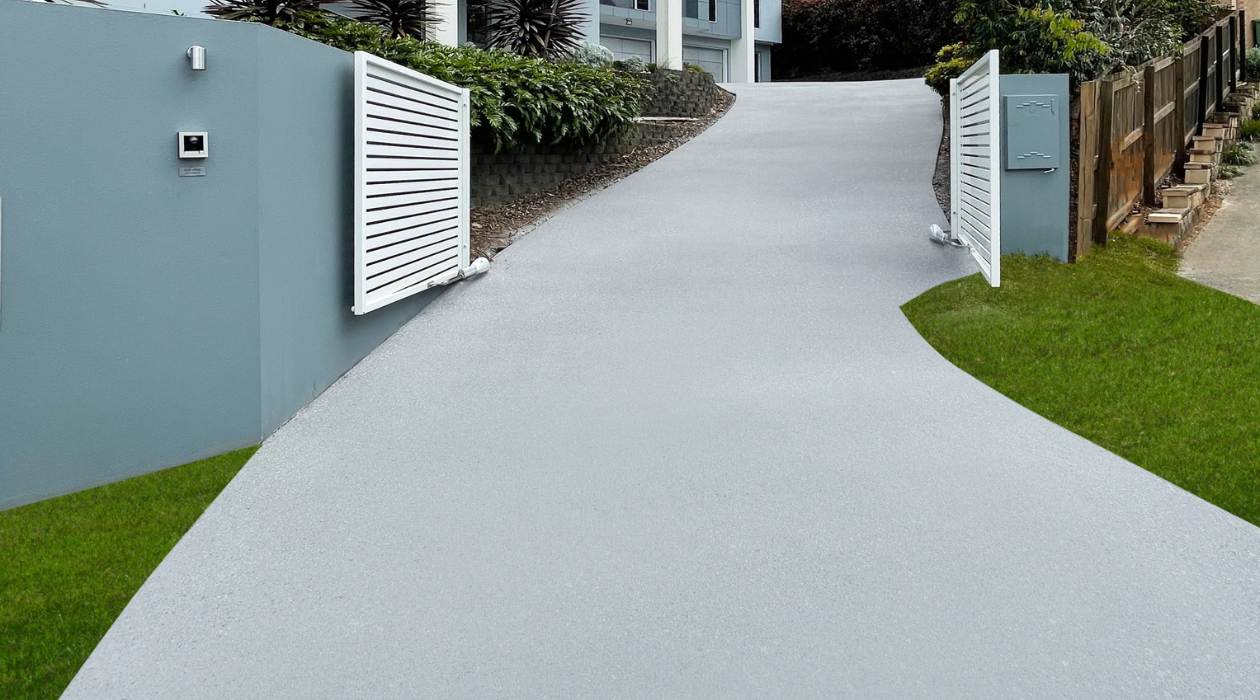

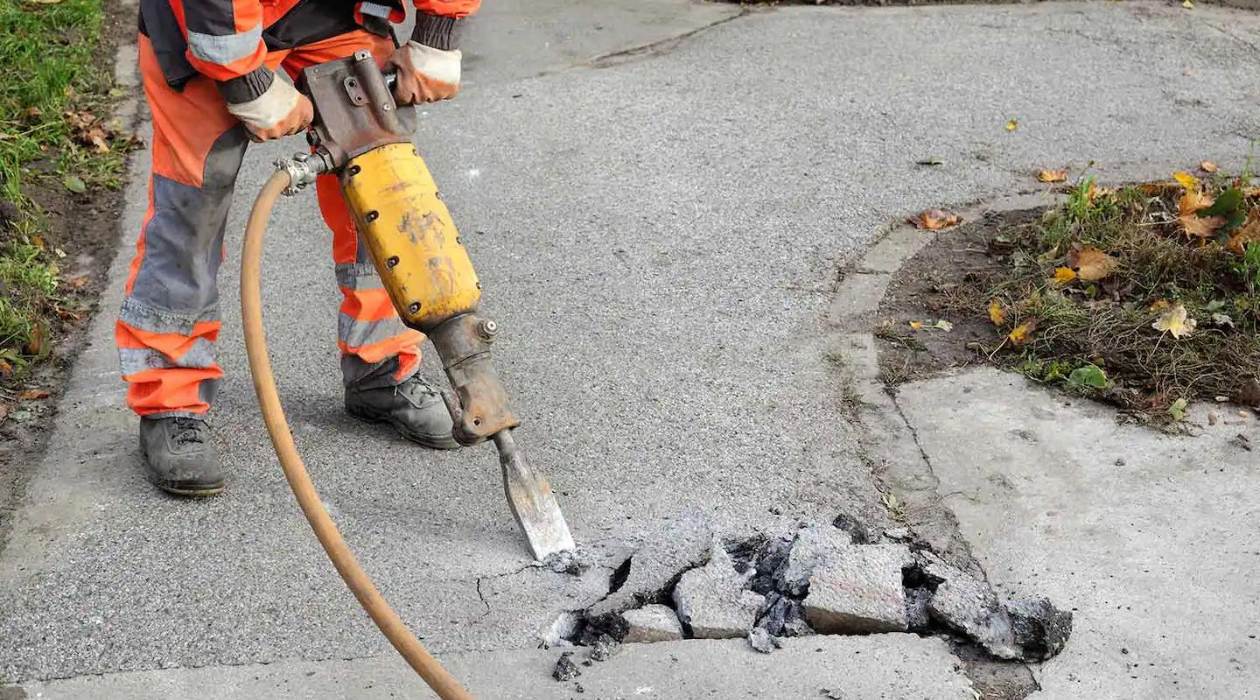
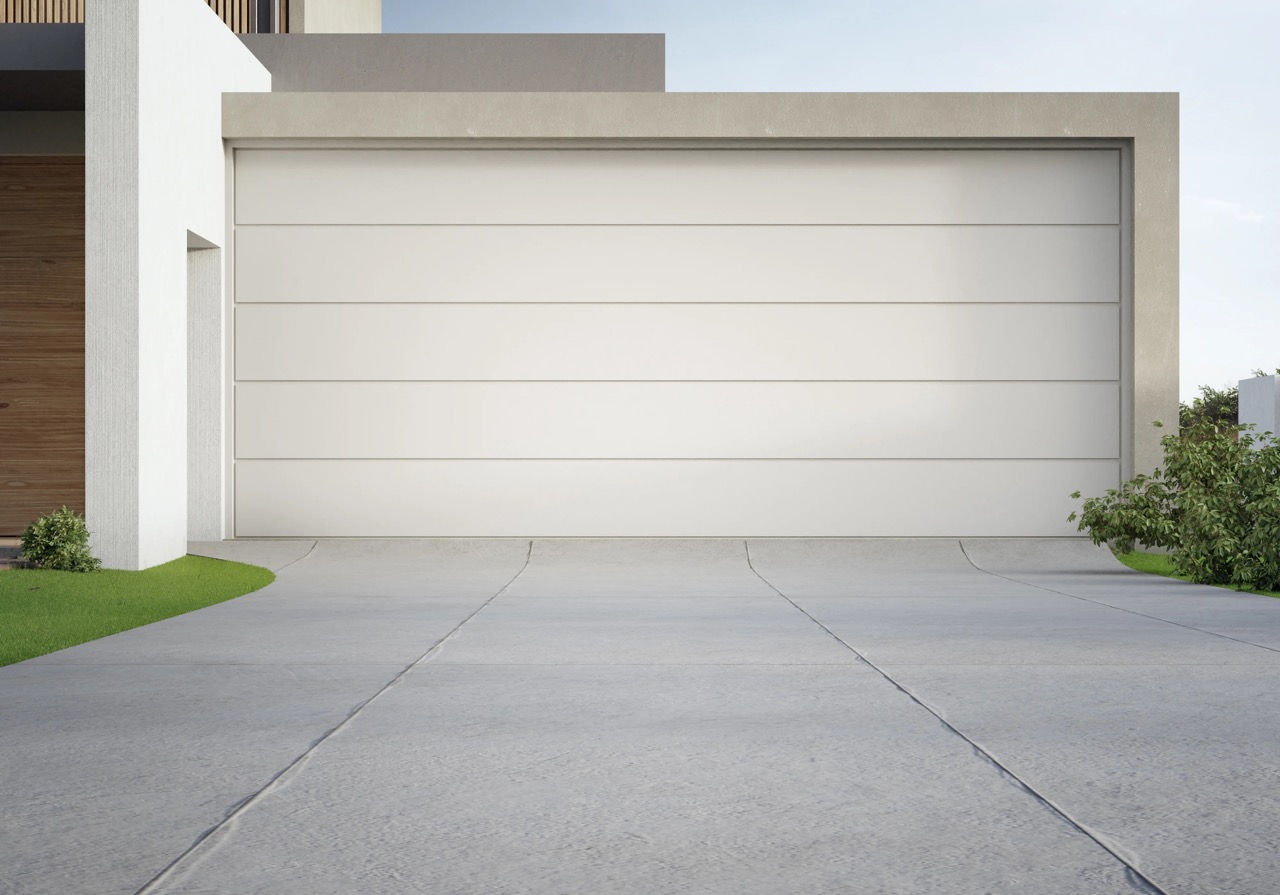
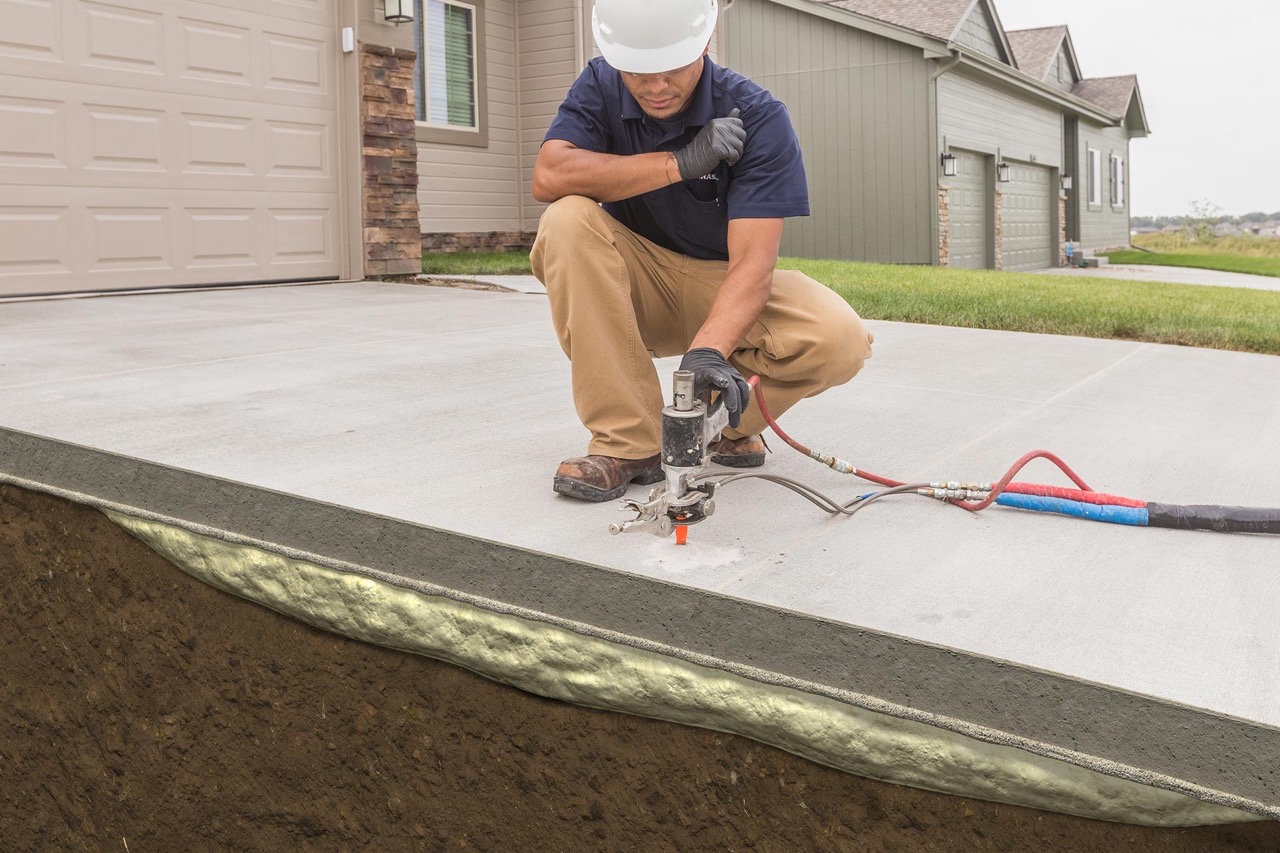
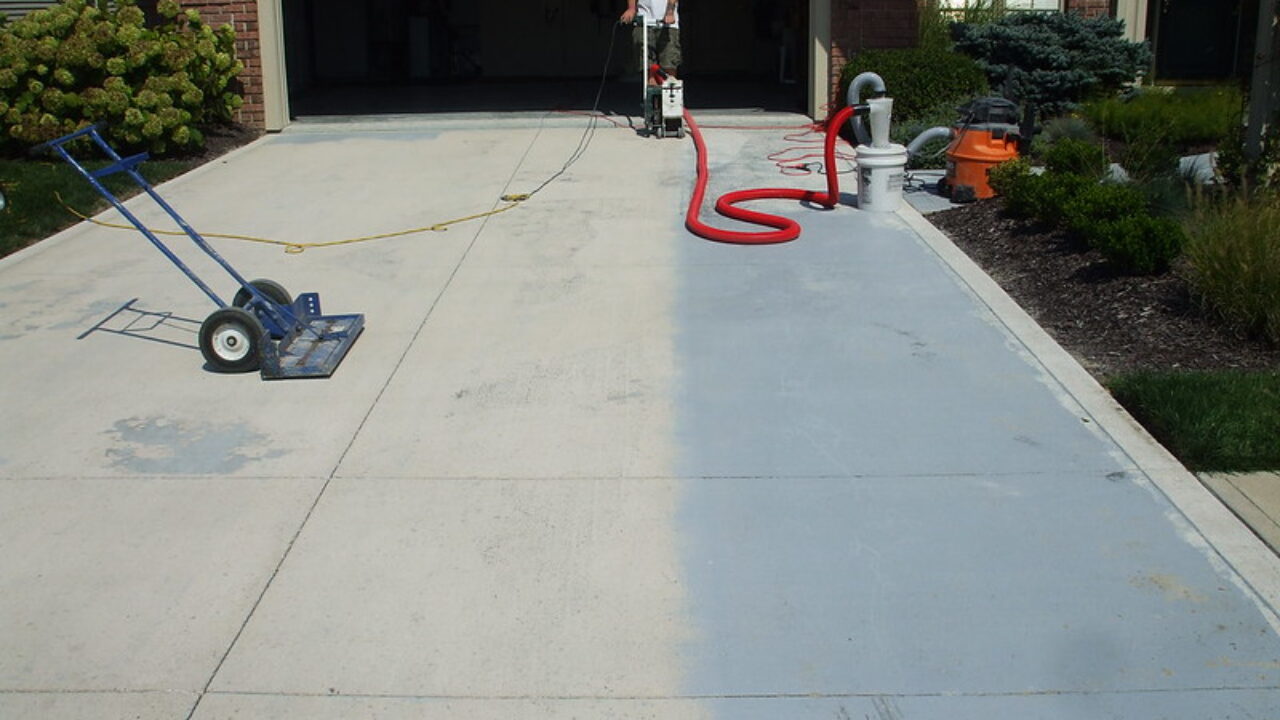
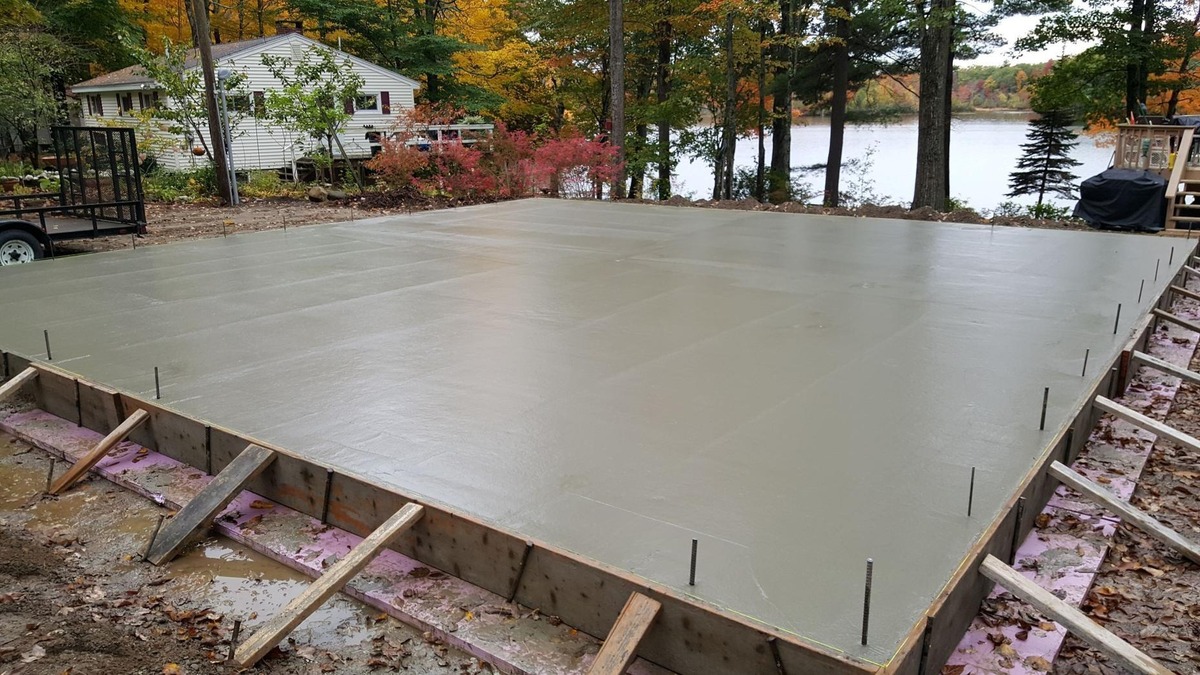
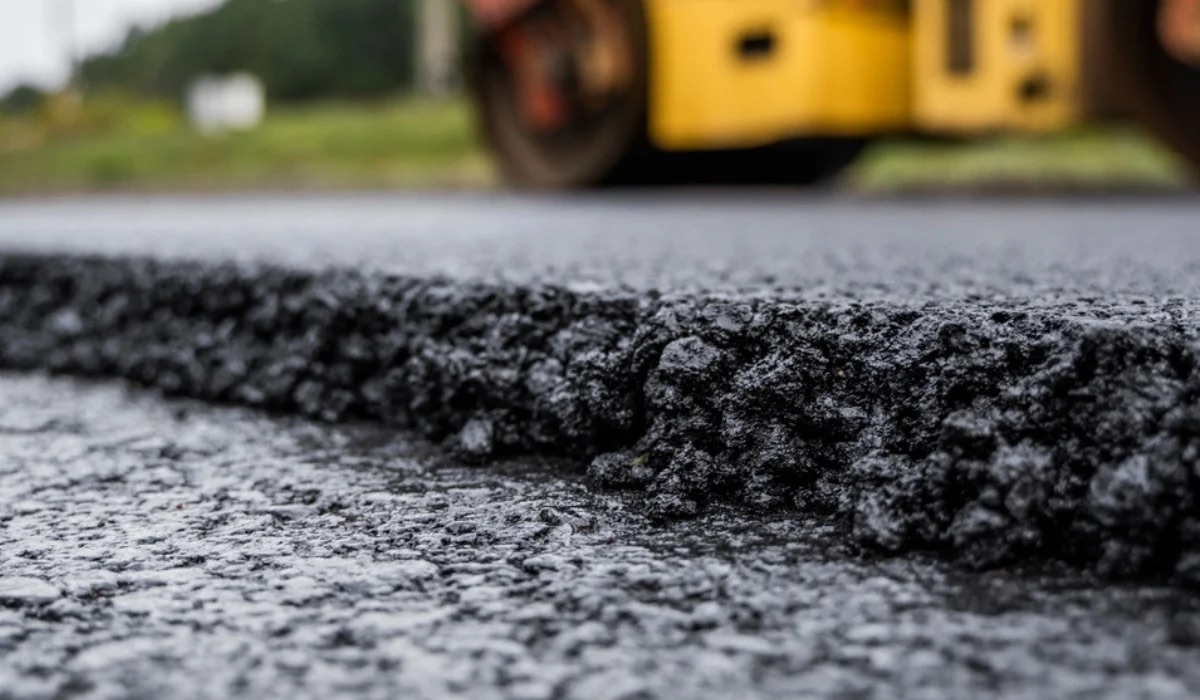
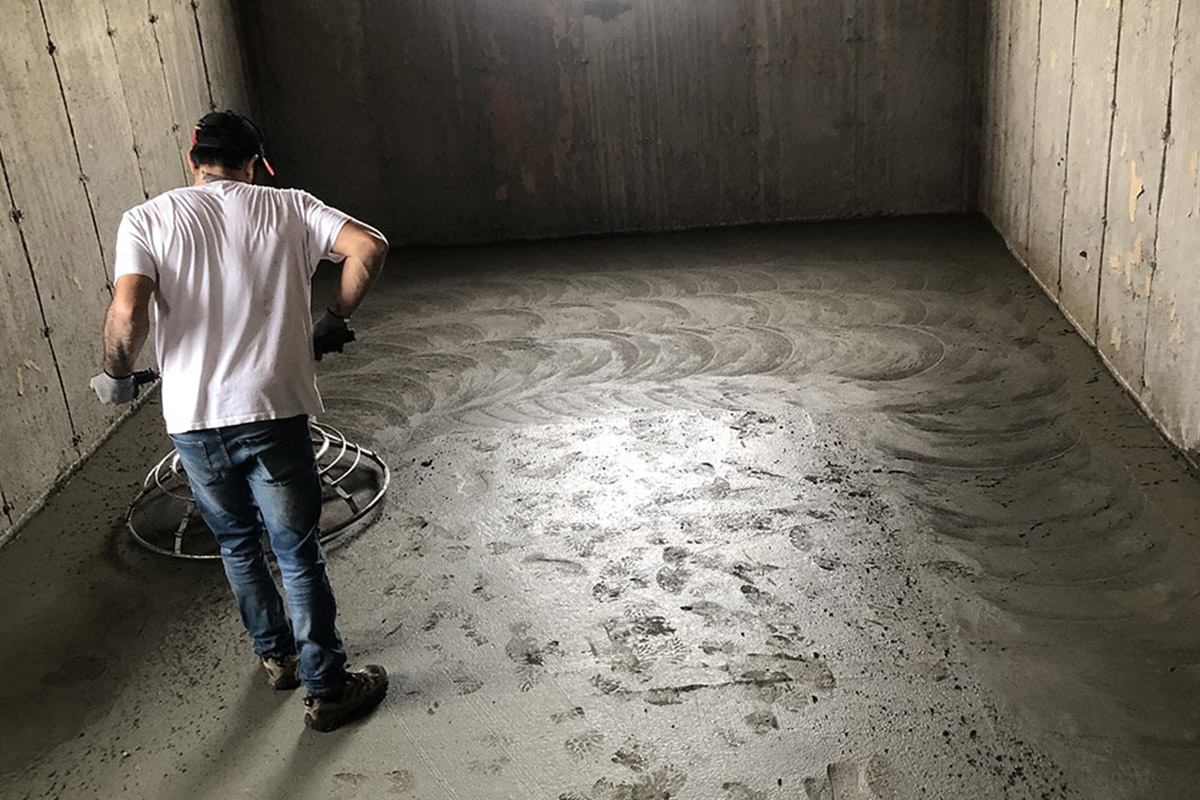
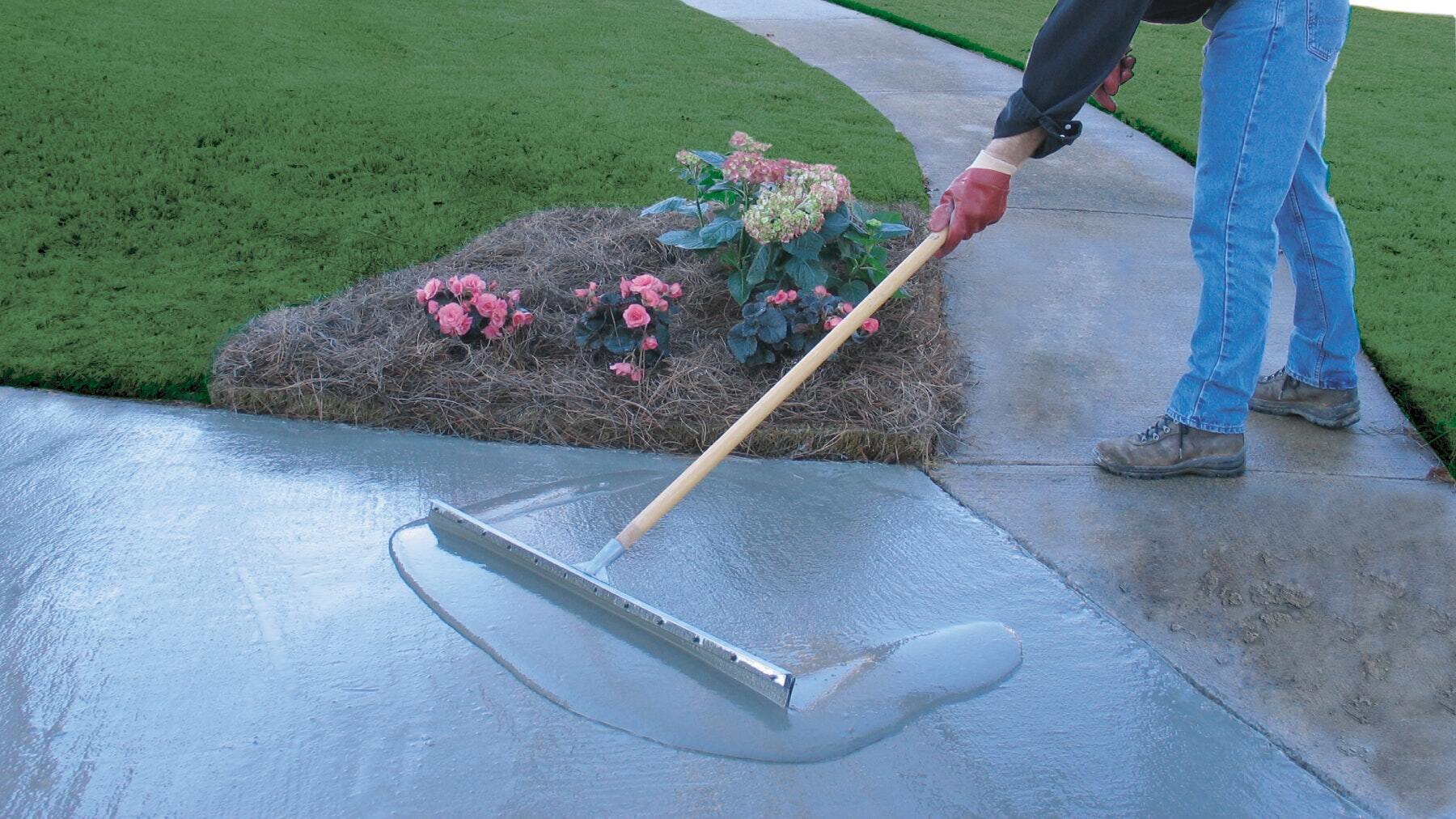
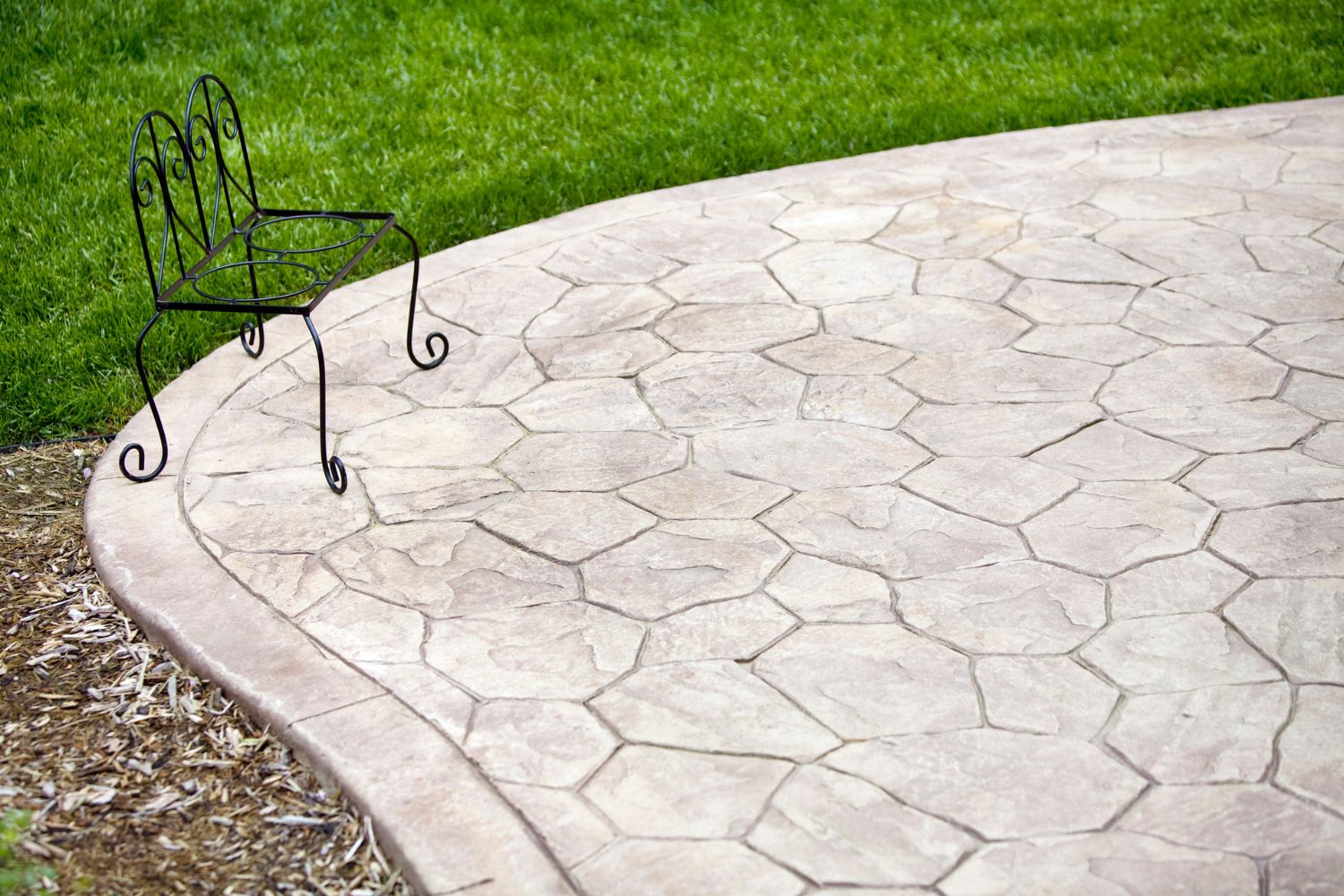
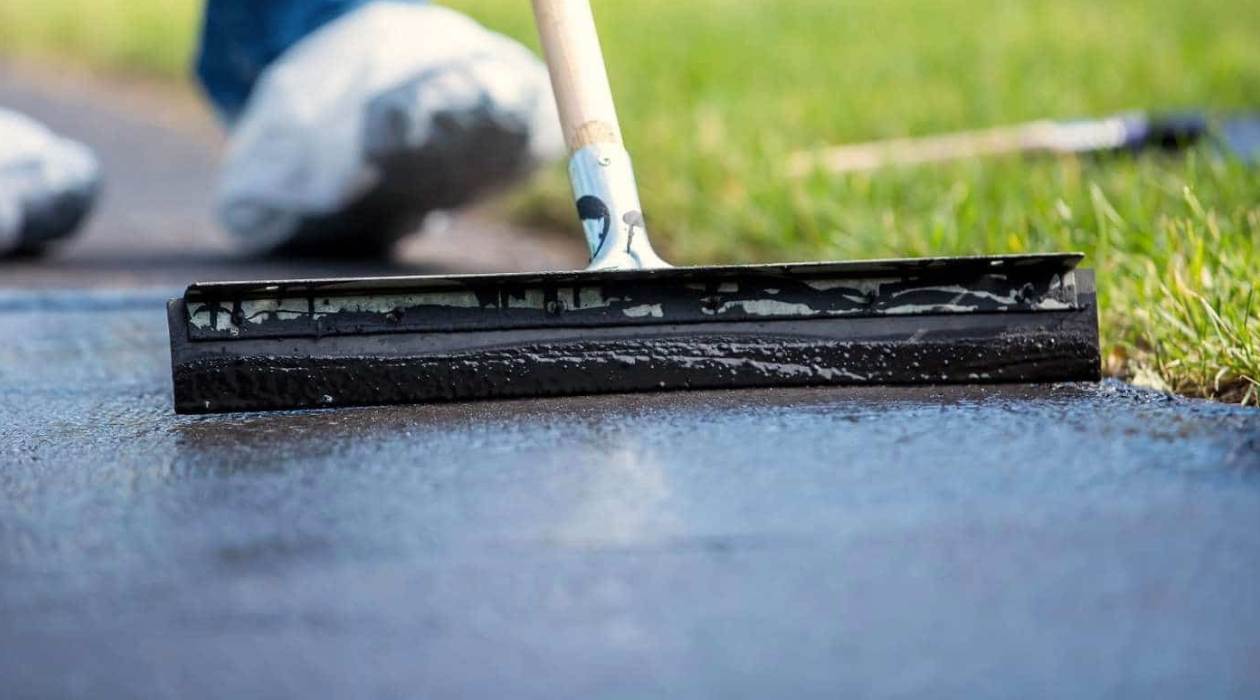

0 thoughts on “How Thick Does A Concrete Driveway Need To Be”